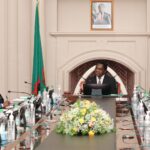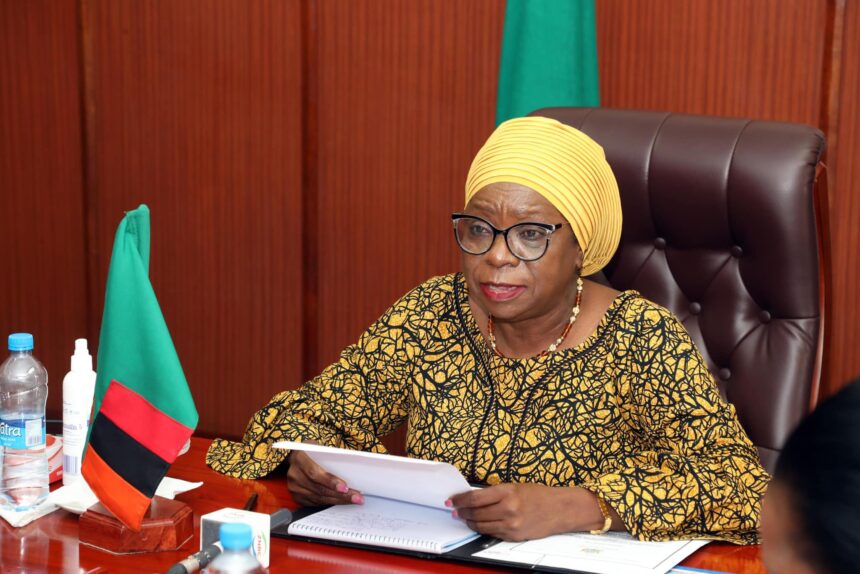Vice-President Mutale Nalumango has raised alarm over the critical shortage of qualified and skilled workers in Zambia’s tourism sector, underscoring the urgent need for investment in education and training to drive the industry’s growth. Speaking through Tourism and Arts Minister Rodney Sikumba at the official opening of the 2nd UN Tourism Africa and Americas Summit held at Radisson Blu Mosi-oa-Tunya Resort in Livingstone on Wednesday, Vice-President Nalumango highlighted the growing demand for a well-equipped workforce in the sector.
Tourism, a labour-intensive industry, has long been seen as a key driver of employment opportunities in Zambia. However, the Vice-President pointed out that the lack of adequately skilled workers is hindering the sector’s potential. She stressed that the tourism industry requires a qualified and versatile workforce to meet the ever-changing demands of the sector, which continues to evolve rapidly with global trends and technological advancements.
“The tourism sector presents vast employment opportunities. However, it is facing a critical shortage of workers with the necessary qualifications and skills. To address this gap, it is imperative that we focus on empowering our workforce through education and skills development,” Vice-President Nalumango said during her address.
The Vice-President’s remarks come at a time when Zambia’s tourism sector is experiencing significant growth, with increased interest from both international and domestic tourists. The country is home to world-renowned attractions like Victoria Falls, one of the Seven Natural Wonders of the World, and a rich cultural heritage that attracts visitors year-round. Despite this, the lack of trained professionals in various areas, including hospitality, tour guiding, hotel management, and customer service, poses a serious challenge to sustaining and expanding the industry.
To capitalize on the sector’s potential, Nalumango urged both government and private sector stakeholders to prioritize investment in education and training programs aimed at developing a skilled workforce. She emphasized that without a workforce capable of meeting industry standards, Zambia’s tourism growth could be limited.
As the country continues to position itself as a competitive destination for global travelers, the government has an important role to play in fostering educational initiatives that equip young people with the skills needed for the tourism and hospitality industry. Vice-President Nalumango’s call for action aligns with broader efforts to diversify Zambia’s economy, reduce unemployment, and create sustainable job opportunities for its citizens.
Minister Rodney Sikumba echoed Nalumango’s sentiments, adding that the government is committed to supporting training programs, partnerships with academic institutions, and initiatives that promote skill development across all areas of the tourism industry.
“The government recognizes the importance of a skilled workforce in ensuring the success of Zambia’s tourism industry. We are working with various stakeholders to improve training facilities and create opportunities for Zambians to acquire the necessary skills for the sector,” Minister Sikumba affirmed.
The call for enhanced education and training in the tourism sector reflects a broader global trend, as many countries acknowledge the critical role of a qualified workforce in boosting economic growth. In Zambia, where tourism is increasingly viewed as a pillar of economic diversification, the challenge is clear: without an adequately skilled workforce, the sector’s full potential will remain untapped.
Vice-President Nalumango’s speech at the summit serves as a timely reminder that the future of Zambia’s tourism industry depends on a strategic and sustained investment in the development of its people. Through collaboration, investment in education, and targeted skills programs, Zambia can build a skilled workforce capable of driving the growth of its tourism sector, benefiting both the economy and the communities involved in the industry.






